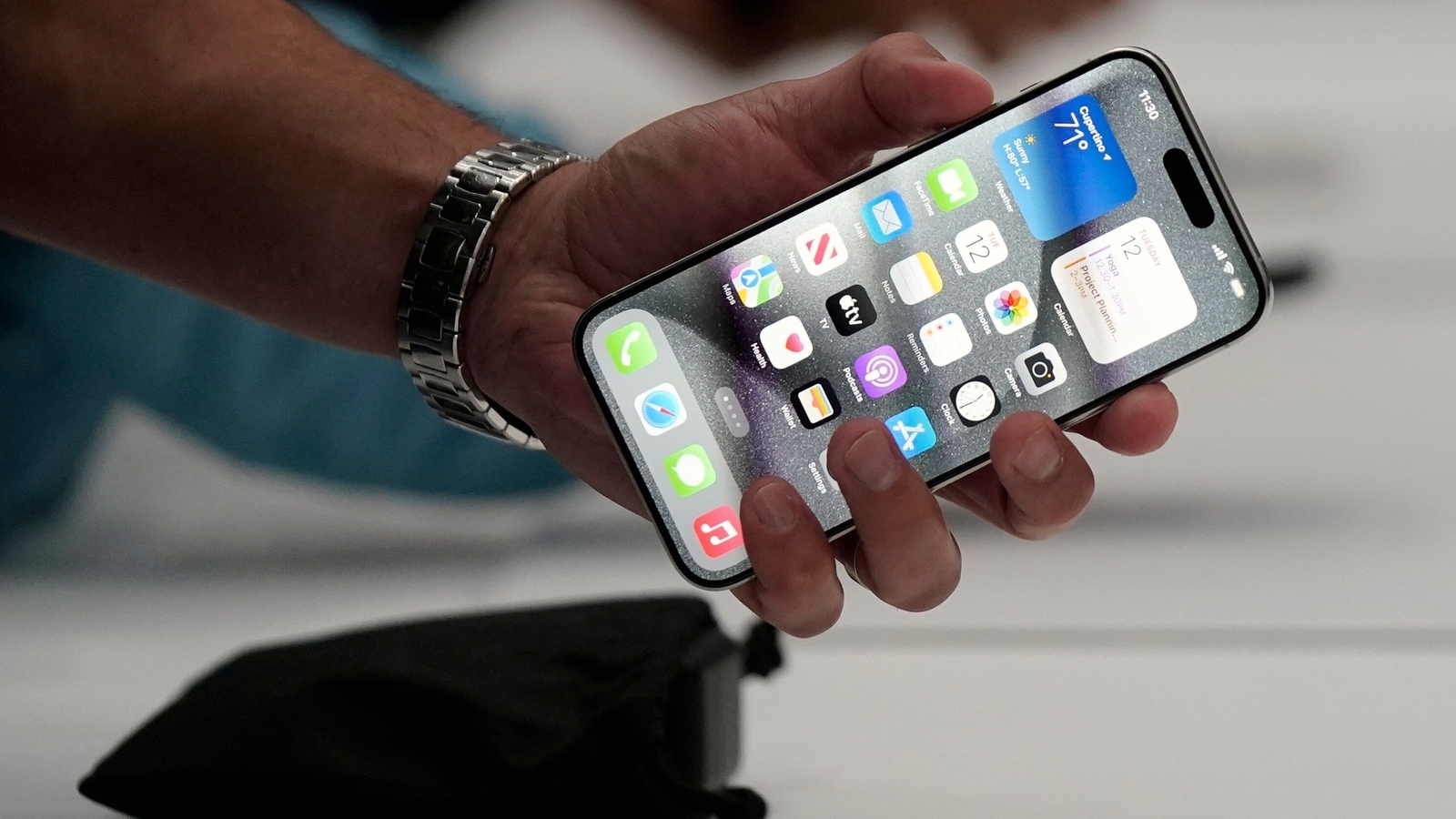San Francisco startup Based Hardware announced the launch of a new AI wearable, Omi, to boost productivity during the Consumer Electronic Show in Las Vegas this week.
The device can be worn as a necklace where Omi’s AI assistant can be activated by saying “Hey Omi.” The startup also claims Omi can be attached to the side of your head, using medical tape, and use a “brain interface” to understand when you’re talking to it.
The startup’s founder, Nik Shevchenko, started marketing this device on Kickstarter as “Friend,” but changed the device’s name after another San Francisco hardware maker launched his own Friend device and bought the domain name for $1.8 million.
In recent years, we’ve seen an explosion of devices that use AI as their main interface. Rabbit launched during last year’s CES, and generated a considerable amount of buzz as a potential replacement for your smartphone. Humane, Friend, and the Ray-Ban Metas were some other AI devices released in the last few years, which tried to show what a new era of consumer hardware could look like. However, none of these AI devices have quite lived up to their initial hype.
Shevchenko, a Thiel fellow with a history of eye-grabbing stunts, is taking a slightly different approach with Omi. Instead of seeing the device as a smartphone replacement or an AI companion, he wants Omi to be a complementary device to your phone that boosts your productivity.
 Omi comes in a few different colors (image Credit: Omi)
Omi comes in a few different colors (image Credit: Omi)The Omi device itself is a small, round orb that looks like it fell out of a pack of Mentos. The consumer version costs $89 and will start shipping in Q2 of 2025. However, you can order a developer version for delivery today for roughly $70.
Based Hardware says the Omi device can answer your questions, summarize your conversations, create to-do lists, and help schedule meetings. The device is constantly listening and running your conversations through GPT-4o, and it also can remember the context about each user to offer personalized advice.
 Omi can also be worn as a necklace (image credit: omi)
Omi can also be worn as a necklace (image credit: omi)In an interview with TechCrunch, Shevchenko says he understands that there may be privacy concerns with a device that’s always listening. That’s why he built Omi on an open-source platform where users can see where their data is going, or choose to store it locally.
Omi’s open-source platform also allows developers to build their own applications or use the AI model of their choice. Shevchenko says developers have already created more than 250 apps on Omi’s app store.
Shevchenko says Based Hardware has raised roughly $700,000, and he spent $150,000 of it on promotional videos around Omi shot in Los Angeles. The startup’s founder says he helped direct the videos himself. He says the startup is in talks to raise more capital after this launch, however, Shevchenko has no doubts about spending this much on marketing.
“For us, the user base is actually the core driver of the product itself. The more people that know about us, the better the product becomes because we are built on this open source platform,” said Shevchenko.
 A still from a promotional video for Omi (image credit: omi)
A still from a promotional video for Omi (image credit: omi)It’s unclear if the “brain interface” of Omi actually works, but the startup is tackling a fairly simple use case to start. Shevchenko wants his device to understand whether a user is talking to Omi or not, without using one of its wake words. (TechCrunch was not able to test it out for ourselves at this time).
But in a demo shared with TechCrunch, Shevchenko used the brain interface by closing his eyes and asking “Can you tell me about TechCrunch?” without using any of Omi’s wake words. While his eyes were closed, Shevchenko says he was focusing very hard on the device on the side of his head. The device then offered a summary of TechCrunch and told Shevchenko how the publication would be relevant to his upcoming launch.
When Avi Schiffman launched Friend last summer, Shevchenko released a diss track on X claiming his device was “the original Friend.” Shevchenko now claims that Omi is a different type of product from Friend, but he does say there’s an app on Omi’s app store that does exactly what Friend does.
Maxwell Zeff is a senior reporter at TechCrunch specializing in AI and emerging technologies. Previously with Gizmodo, Bloomberg, and MSNBC, Zeff has covered the rise of AI and the Silicon Valley Bank crisis. He is based in San Francisco. When not reporting, he can be found hiking, biking, and exploring the Bay Area’s food scene.




















 English (US) ·
English (US) ·